The reality of the school system – and why it’s not OK to not be OK

Arlo Eitreim
December 8, 2022
I – Childhood
From an early age, children are asked what they want to be when they grow up. Heads full of possibilities and eyes bright with excitement, they list off everything and anything that interests them. Later on, in middle school, their goals become slightly more fine-tuned. We see a shift from career possibilities that will make students happy and content to career possibilities that are still somewhat enticing, but have been altered to fit the disheartening expectations of reality, such as reigning in a lot of money or gaining a lot of prestige. By high school, students have lost hope. They become burdened with societal norms of what they must become and what they must do, and that initial spark of inspiration is lost. “I want to be a doctor to help people,” they say. On the inside, they think, I need to become a doctor to please my parents and make a good income. As we students age, we wonder why we were lied to as children. We cannot truly become everything and anything we want. But to tell a young child the truth, that they will be forever tethered to expectations that take little care of their aspirations, is too shocking and cold of a plunge. Instead, we feed them hints as they age, and by the time they reach high school, they are aware that they have to traverse a path that their younger self would run directly away from.
II – The Influence of “Hustle Culture”
Despite living in a more liberal city that does value and acknowledge mental health, and even attending schools where mental health support is provided, this does not change the fact that high school students today are facing many mental health issues, possibly more, than high school students were facing decades ago. Lincoln does a fantastic job providing support for students through counselors, the Teen Health Center, and other resources, but what about students in other districts and states? And what about the overall function of schools across the country and world? Lincoln and other schools acknowledge and help cushion the problem, but the problem itself is much harder to tackle and would require reform on many fronts, even including reform of the job and working industries after graduation.
Perhaps the most influential factor influencing student’s mental health and workload is the influence of ‘hustle culture’, defined as the practice of pushing yourself beyond mental and even physical limits to meet unrealistic expectations of the workforce. Aside from the negative impacts this mindset has on mental health, it is inherently problematic. It reinforces the belief that working hard can get you anywhere in life, which has proven to be incorrect as minorities such as people of color and women could work as hard as possible and still be set back by inherent biases, racism, and sexism. It also serves to falsely reassure certain minorities that their interests are protected; for example, many women fall victim to believing that ‘hustling’ allows them to rise above workplace sexism, but at the same time, the inherently sexist system is not closely examined or reformed as women are too busy attempting to rise above it rather than destroy its foundation. It upholds a toxic capitalistic mindset that economic success is the only kind of success there is. It implies that as long as you are meeting your deadlines and making money, then that is all that matters, which is not true in the long run and in the context of leading a content life. Hustle culture is also extremely ableist, discounting the experience of those with mental or physical disabilities that prevent them from playing on a level field with their peers, and pushes the blame onto them and their disabilities when they cannot conform to unrealistic and cruel standards. When students internalize the practice and mindset of hustle culture before they even reach adulthood, they set themselves up to push8 themselves too far and to value materialistic ideals more than their wellbeing and the importance of leading life in a direction that they care about. For students with disabilities, it sets them up to accept casual – and even blatant – ableism rather than advocating for themselves and their needs.
When examining the impact of hustle culture on mental health, the reality is disappointing, but not surprising. The mindset stresses the notion that, in order to be successful, students must spend most of their time studying, staying up late to study more and even sacrificing free time meant for recharge and relaxation. Good sleep is universally acknowledged to be one of the main factors contributing to success in school, but at the same time, students are told to sacrifice sleep and a wind-down routine in order to learn more. Even if this study time proves valuable for an upcoming test or due date, knowledge of a subject will get you nowhere if you have not received adequate sleep to help you apply this knowledge and reason out a correct answer. In fact, the brain has specific windows in which it better retains knowledge, and these windows do not include late-night “cram hours”, where student’s capacity for retention is severely limited. Even if a student practices good study habits, there is still outside pressure from parents or other students. In our society, it has become standard practice to brag about how much you work, and people admire others more for staying up late to study rather than getting enough sleep or prioritizing mental health. Statements such as ‘I stayed up till 3 AM studying last night’ are frequently echoed in school hallways, so even students that have set boundaries for themselves feel pressured to do more. Other students choose to obscure time spent studying and still boast about good test scores and grades, thus making other people feel inadequate if another student has received the same or even better grade for studying for a supposed much smaller period of time.
Competition in schools and at Lincoln is further worsened by the notion of a Highly Capable Cohort, where students not enrolled feel left behind or inferior for not being able to access specific classes. As such, they feel the need to overcompensate. They spend far more time than is healthy on homework to try to meet the level of other students who have more rigorous classes- even if these classes hand out less homework. Or, they may feel inadequate for receiving a low grade in a grade-level class even if the content was challenging or time consuming. Within HCC, competition is further heightened, with students rushing to enroll in more Advanced Placement classes than their peers. This competition, both inside and outside of HCC, shifts priorities from retention and learning to cramming to receive the best grade. As such, high tensions are ever-present, making school a less welcoming environment than many students would prefer.
III – Why It’s Not OK to Not Be OK
As society becomes more and more accustomed to the fact that mental health is a universal issue, the phrase “It’s OK to not be OK” is widely adopted to normalize advocating for oneself and sharing mental health issues. While normalization is important, we need to ensure that we are not normalizing overworking oneself and succumbing to outside pressure. We need to acknowledge that mental health concerns are valid, common, and difficult, but we also need to acknowledge that it should not be normalized to feel depressed, overworked, or tired from schoolwork, for example. Essentially, it is “OK to not be OK” so long as “not OK” does not normalize being overworked, tired, burnt out, or having a less-than-great quality of life. We must normalize mental health issues and their discussion, but not normalize having a worse quality of life when the root cause could be fixed with societal reform.
Additionally, the phrase is ineffective and harmful in the long run. When someone’s negativity or struggle is validated, it takes away from their personal perspective on their feelings and places them in a box where they feel like they should not aim to feel better. Rather than encouraging action or change, the phrase encourages people to linger in their own struggles, prompting them to accept their perceived permanence. Meanwhile, it tends to discredit the experiences of a lot of people that have dealt with debilitating mental health issues, categorizing all symptoms or experiences as “not OK”, thus minimizing them to levels that seem manageable. To use the same phrase for someone experiencing minor and temporary symptoms as someone who has experienced a lifetime of debilitating mental illness can be invalidating, and as “not OK” is subjective, its wording can harm multiple groups of people.
The phrase also fails to acknowledge what happens after someone does share their personal struggles. Most of the time, having a conversation or airing feelings is only the first step in a long road to recovery, and people that one speaks to in their life about these issues may be invalidating or refuse to help. Thus, this can be discouraging, and somewhat patronizing; not everyone has the privilege to be heard and seen by others. With much of the focus being placed on talking about issues rather than solving them, attention is taken away from services that help aid struggles, such as therapy and psychiatry services.
A question by journalist Evie Muir summarizes the conflict that comes along with using the phrase “It’s OK to not be ok”: She asks, “For how long are we expected to be content in our suffering?”
IV
We cannot continue to disappoint younger generations by promising a lifetime of happiness when they are unaware it will be tarnished by unrealistic expectations set by society. The solution is not to tell students the truth and discourage them from ever pursuing anything in life; rather, it is to change the system so that our promises become true. The root of the issue must be examined, not the exact phrasing we use with the younger generation. We must protect their interests, as they are our future. Prioritizing a cruel, capitalistic society will only serve to obscure the true steps necessary to protecting the interests of younger students. By allowing them to traverse their initially intended path, we reverse the damage initially inflicted – upon us and all the generations before – that made us change course. It is our job to pass down inspiration that we once had in hopes that it can fully be put to use.
Sources
https://metro.co.uk/2020/09/10/its-ok-not-to-be-ok-hollow-statement-13250120/




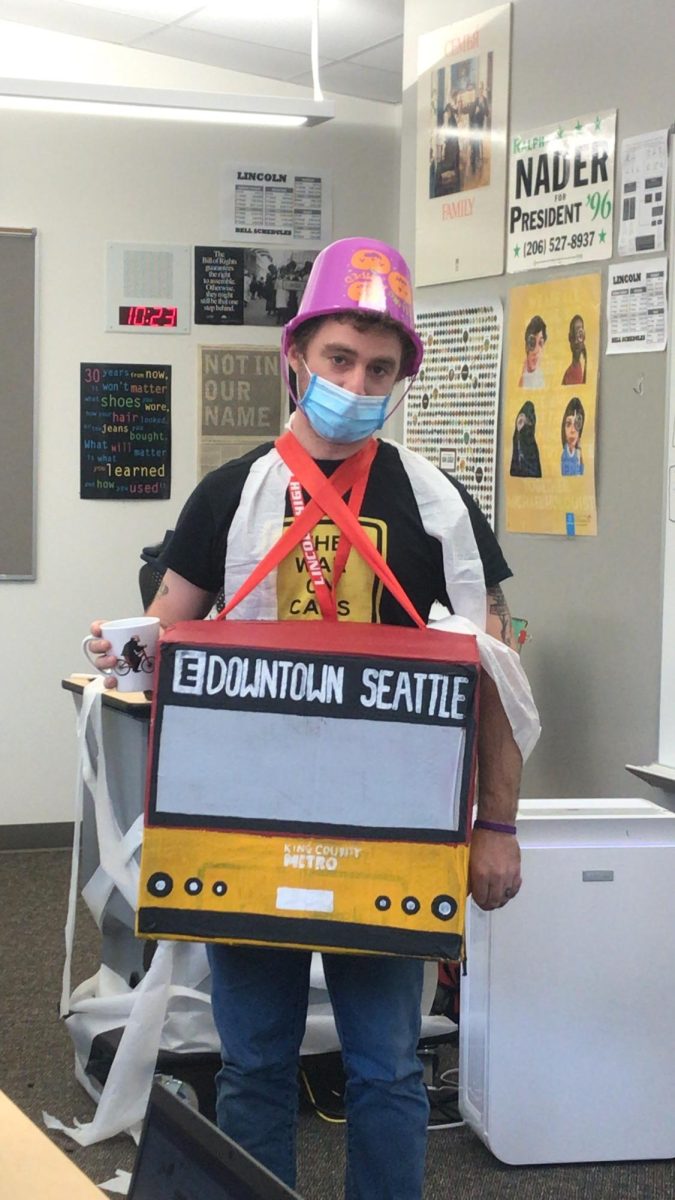

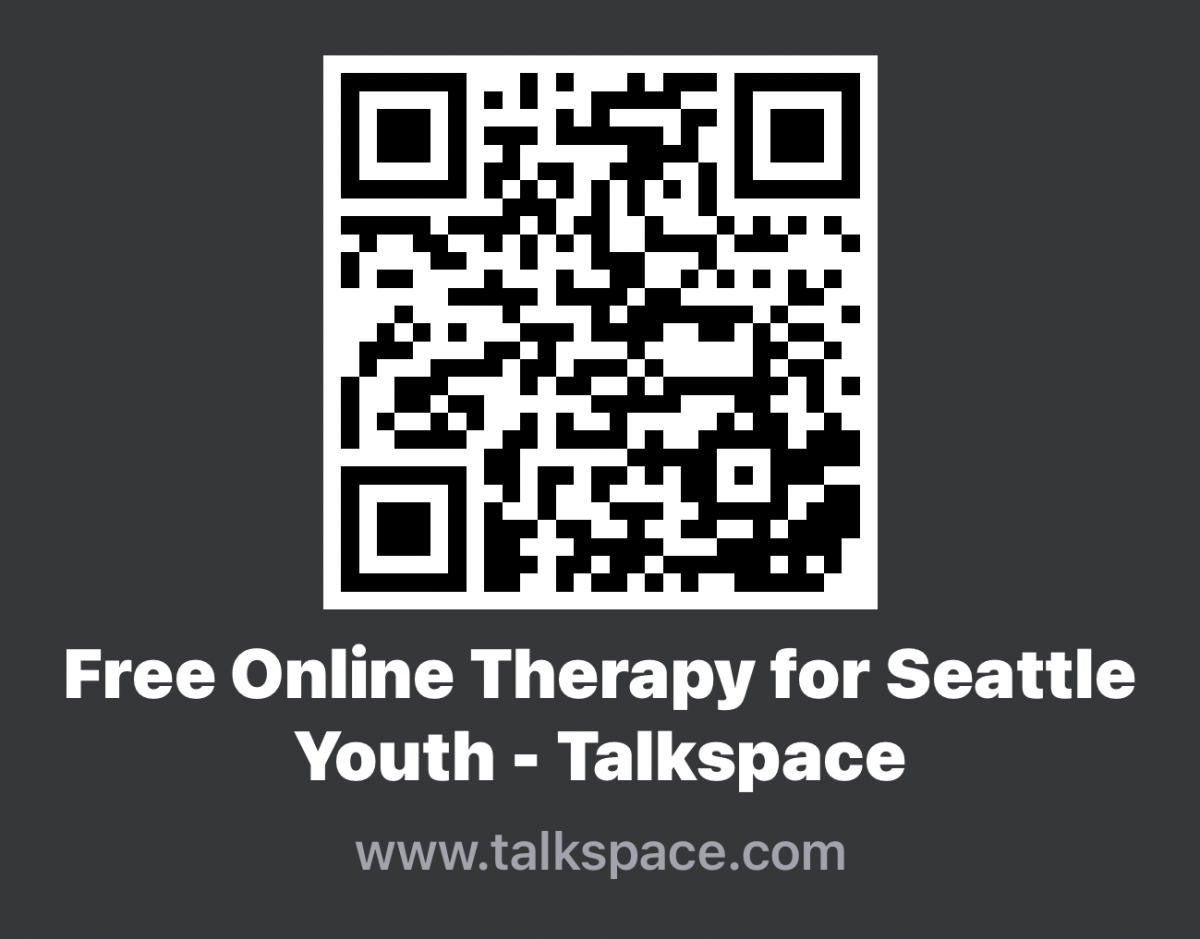


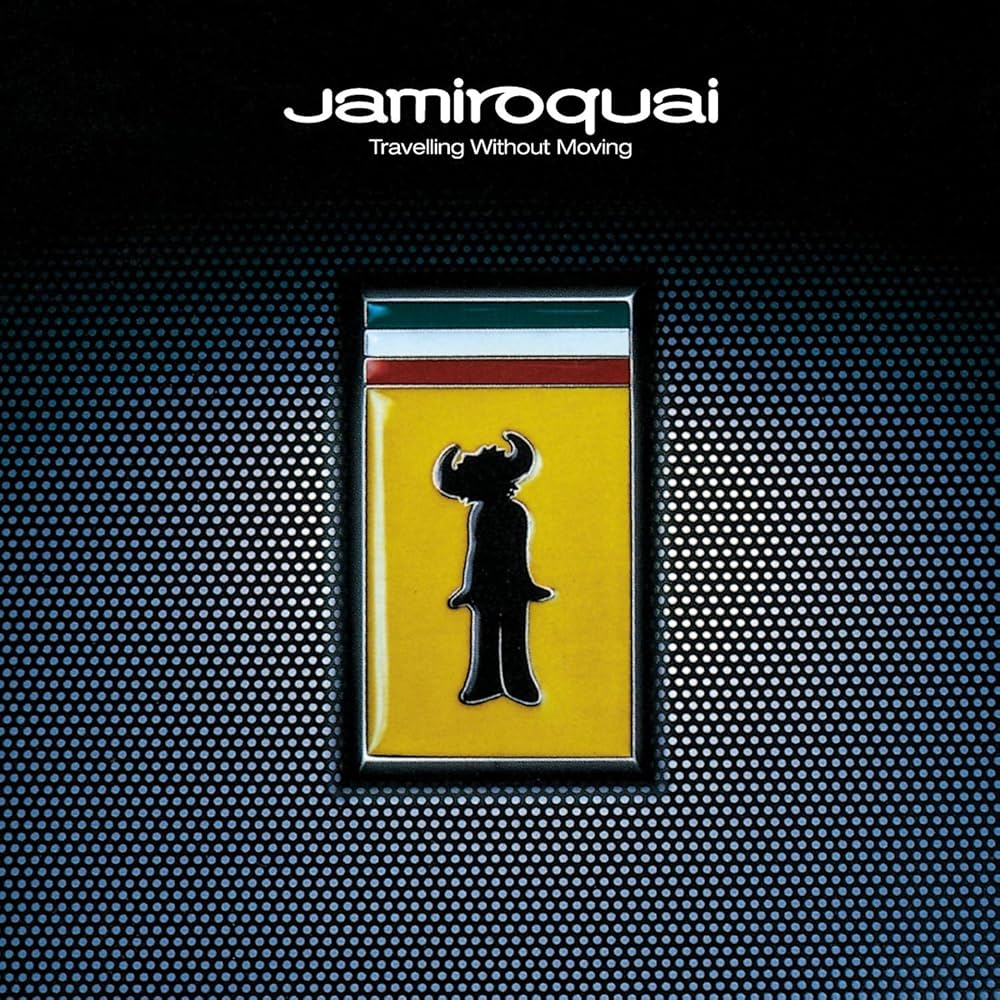






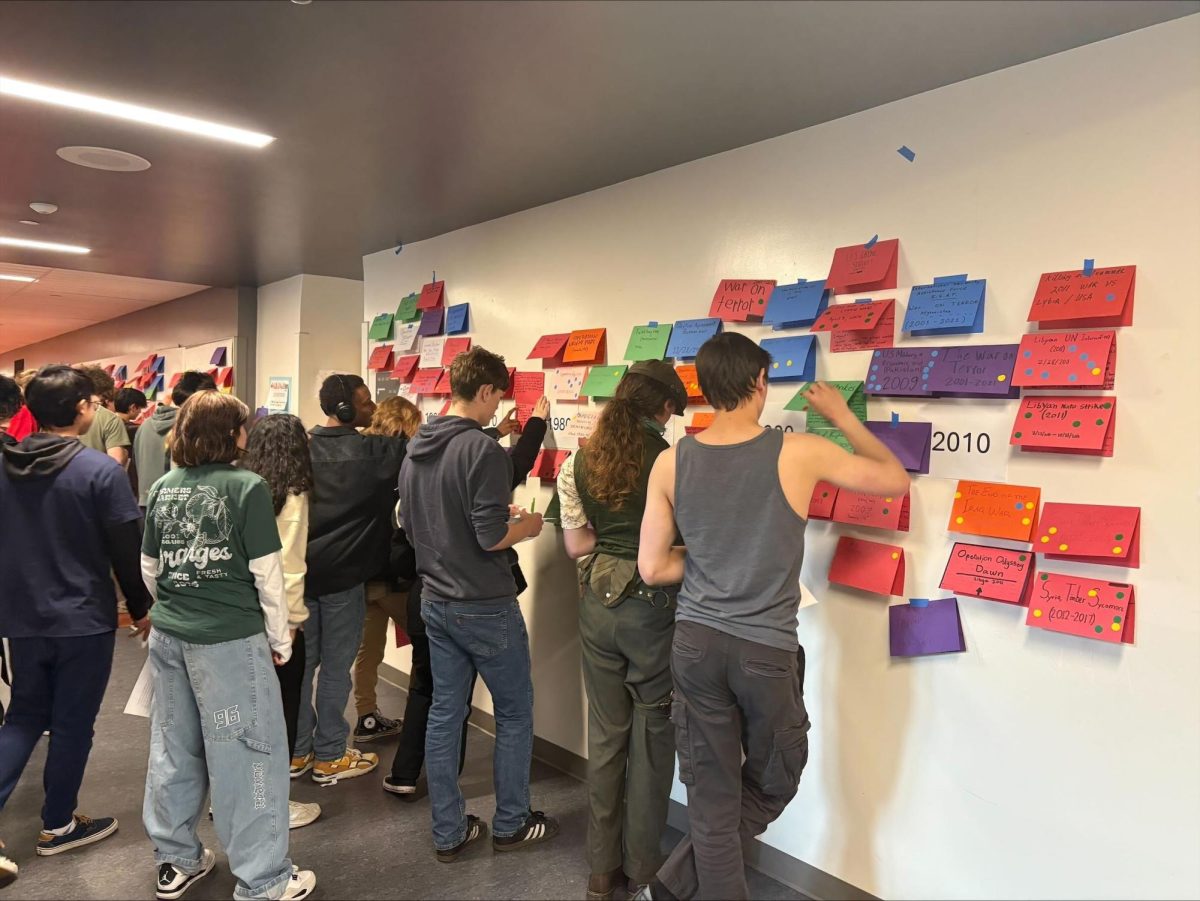
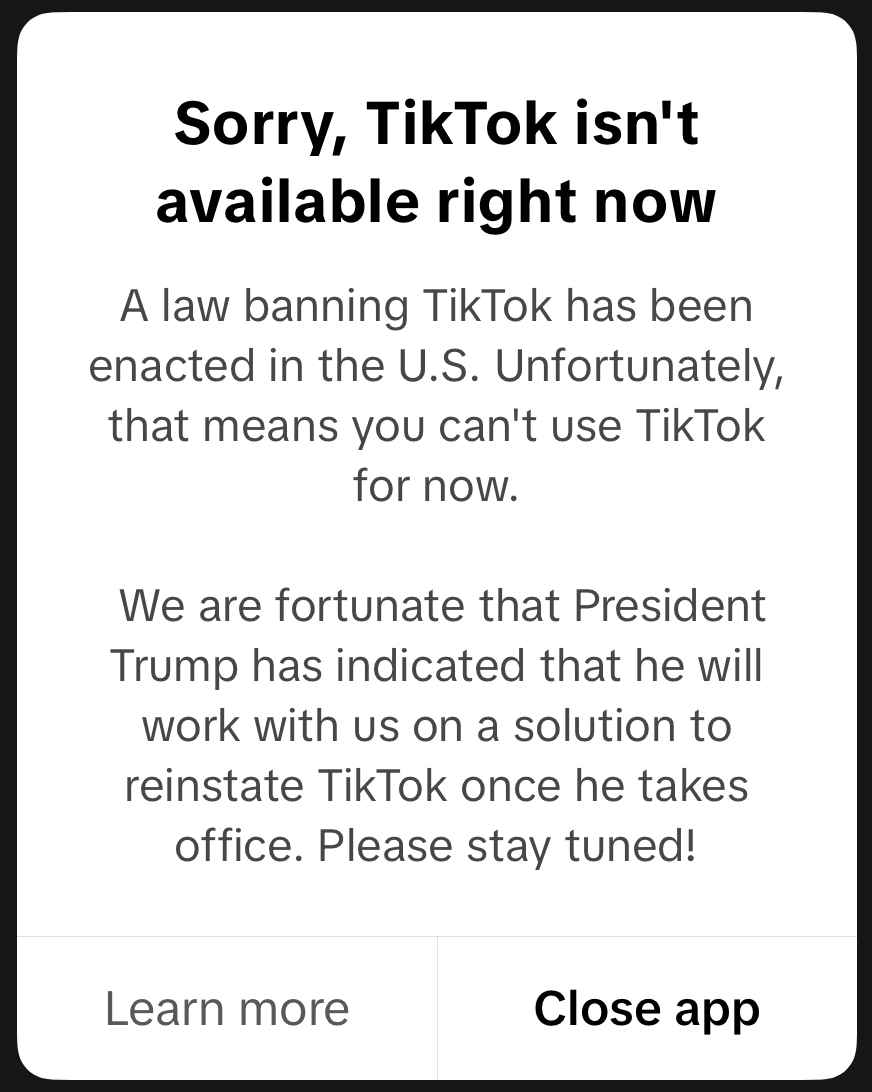


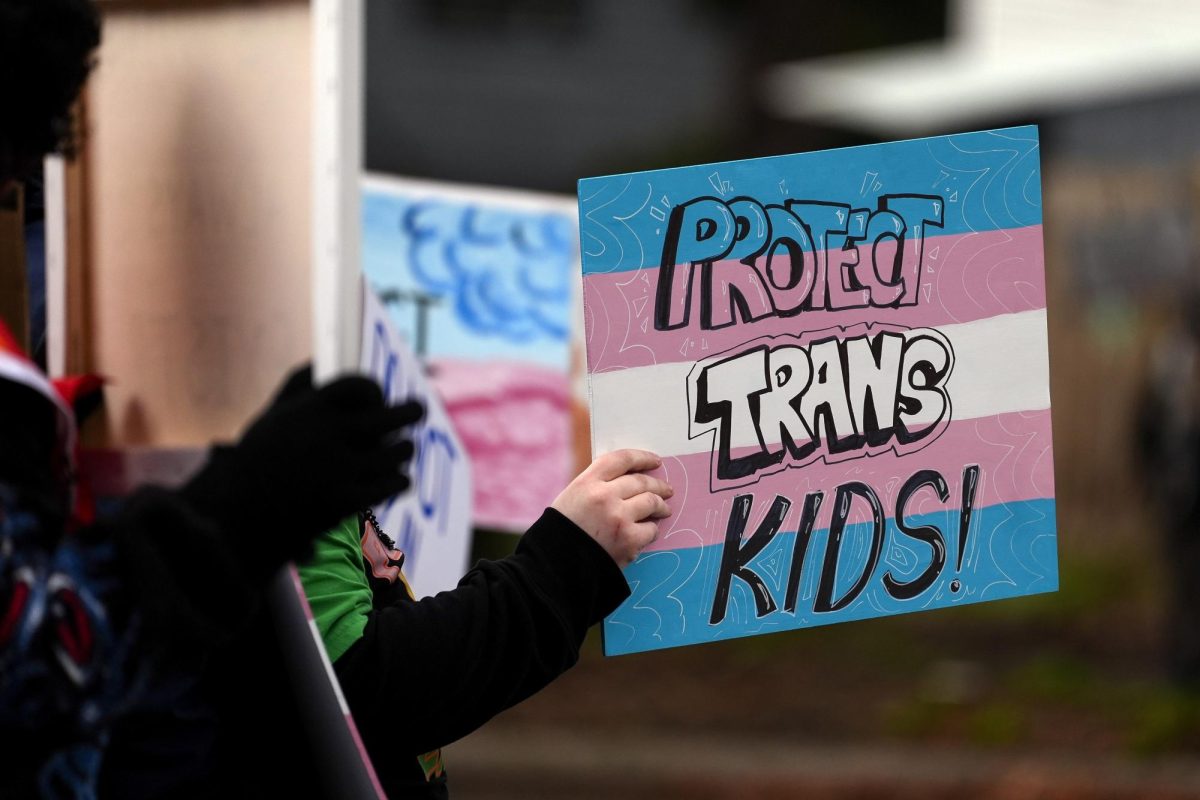







a mom • Dec 10, 2022 at 1:02 am
I loved this article. As a mother, this is for me the hardest challenge. How to support my child’s spirit while at the same time I know the reality of the society we live in where, if you don’t have money, even your access to health care is denied. I’ve seen my kid go through successive disappointments about the ever narrower corridors that life sets up for him as he grows up. He desires more freedom and more love.